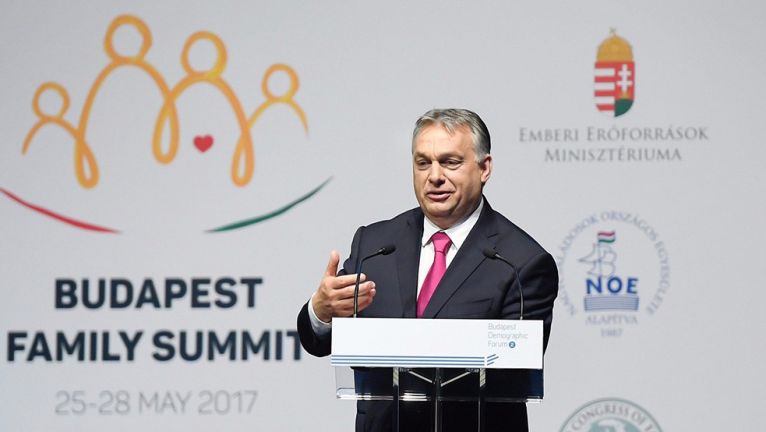In 1888, U.S. Supreme Court Justice Stephen Field wrote the majority opinion in a case involving the validity of an Oregon legislative divorce as it related to ownership of a land grant. In the opinion, Justice Field wrote: “It is also to be observed that, whilst marriage is often termed by text writers and in […]
Read MoreFrom Union to Association
- Post by: William C. Duncan
- December 24, 2017

